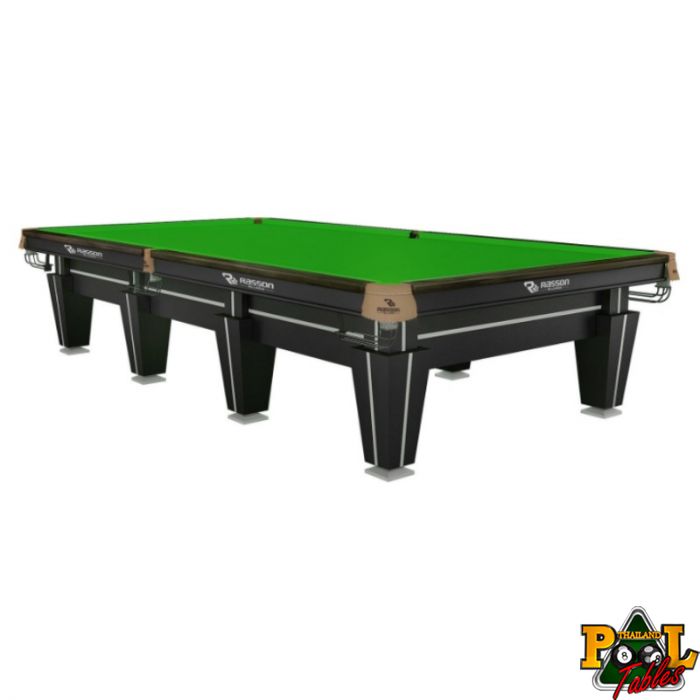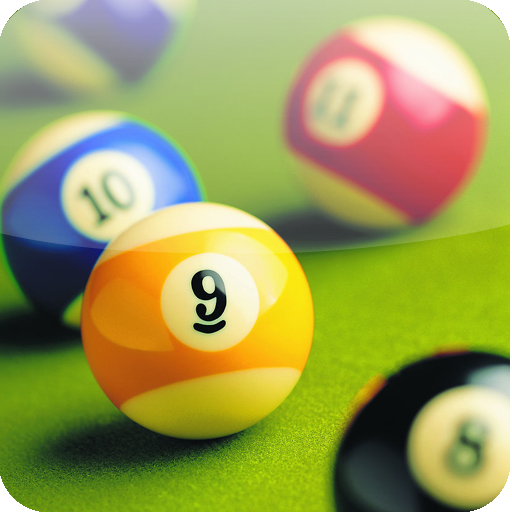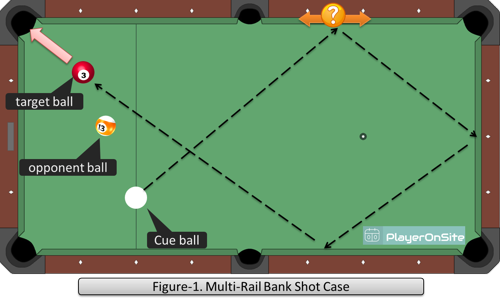
Pool balls are made from a variety of materials. These include wood, plastic and phenolic resins. Each material has its advantages and disadvantages. Although there are many options, phenolic resin pools balls are often the most durable and lasting.
They are resistant to scratches and have a long life span. They are usually more expensive, but the increase in price is worth it. This is due to their unique surface, which is high in density.
Phenolic Resin is an extremely strong and durable substance that has been used in various industries. It is made by mixing phenol with formaldehyde. The mixture is then molded under extreme stress to create the ball. The material can withstand extreme temperatures and has a high bonding power. Additionally, phenolic resin's molecular structure is more resistant to chipping. Therefore, phenolic resin pool balls can last up to five to six times longer than polyester balls.

Plastic compounds are also non-flammable and very durable. There are also some downsides to plastic compounds. For instance, they tend to lose their shine quicker than phenolic resin balls. If you use them, they can leave burn marks on your table.
In the 19th century, plastics were still in their infancy. Leo Baekeland an American chemist discovered a new chemical which could be molded into a plastic-like substance. The product was named Bakelite by him and was used in the manufacture of billiard balls. As the popularity of billiards grew, this new material became the standard.
In the United States, it became more popular during the early 20th Century, when wealthy Americans could afford to purchase them. The material was still quite expensive but it had a greater durability than wood. The material started replacing wood in production of billiard balls as early as the 1920s.
Nowadays, professional pool balls are made mostly from plastic and other phenolic resins. This material is far more durable than ivory and wood. Although it is more costly, this material is well worth the investment for people who play frequently.

Get a set of professional-grade pool balls to give you a chance at playing billiards. A pool table accessory kit includes extra balls and equipment that will ensure your game stays safe.
Alternatively, you can purchase synthetic materials such as polyurethane or acrylic. These materials are less expensive but come with a few drawbacks. They are not as shiny as phenolic balls, but they can lose their shine just as quickly. They also don't resist scratches as well as phenolic.
You can also look into a set phenolic resin ball if you don’t have the funds to buy them. Polyester balls can be cheap but aren't as long-lasting. Some of them might even break. Look for reputable brands when buying polyester balls.